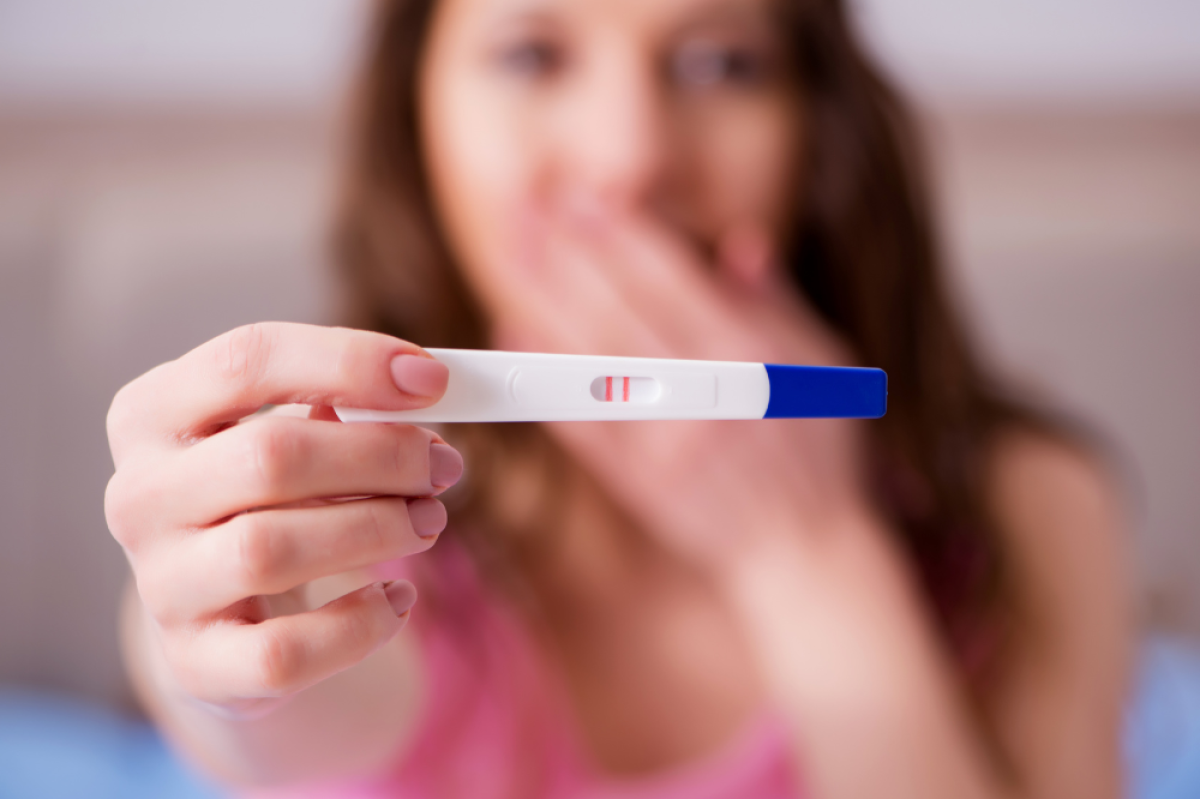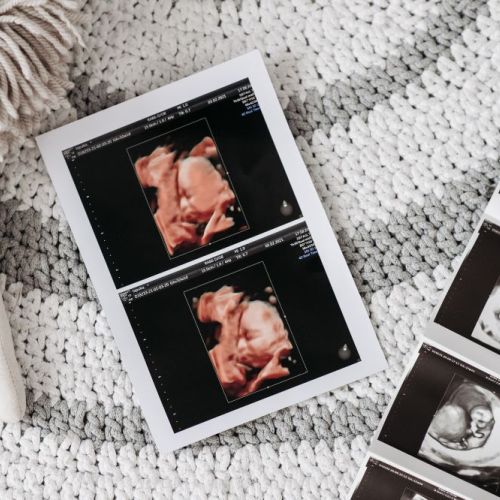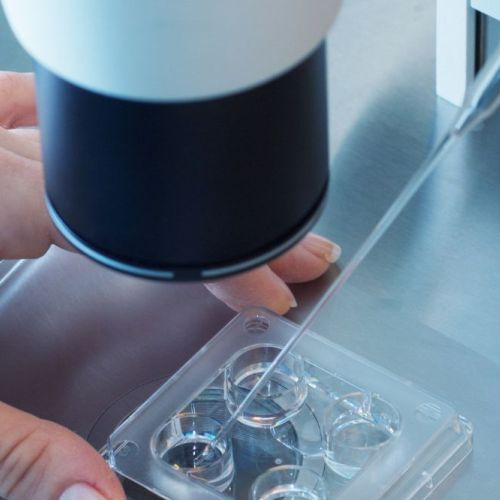How Effective is Tubal Ligation Reversal?

Women who have had their tubes tied may be able to get pregnant again by having a procedure called a tubal ligation reversal. In this procedure, the fallopian tubes are reconnected or reopened so that they can allow an egg and sperm to unite. For many women, a tubal reversal gives them a chance to try to get pregnant even though they once believed they wanted a permanent form of birth control.
How effective is tubal ligation reversal? It’s estimated that around 50 to 80 percent of women who have this procedure go on to conceive. There are many factors that can impact your chance of getting pregnant if you have this procedure.
Are You a Good Candidate for a Tubal Ligation Reversal?
In most cases, tubal ligations are reversible and fallopian tubes are able to be reconnected. There needs to be enough tubing left for your doctor to reconnect. If you had your tubes tied using clips and bands, there’s a good chance the procedure is reversible.
Before performing a tubal ligation reversal, your doctor evaluates the likelihood that you’ll be able to conceive if the fallopian tubes are unblocked or reconnected. Your age is one of the most important factors. Your ability to get pregnant naturally decreases as you get older, and women under the age of 35 have the highest rates of success after a tubal reversal procedure.
There are other factors that may reduce the likelihood of your being able to conceive after a tubal reversal. Your partner’s health and the quality of his sperm have to be considered. Prior surgeries for conditions such as pelvic inflammatory disease, fibroids or endometriosis may have left scar tissue, and this may affect your chance of successfully getting pregnant after tubal reversal.
What Happens if the Tubal Reversal Doesn’t Lead to Pregnancy?
There is no guarantee that having a tubal reversal will lead to conception. It may take a year or two before pregnancy occurs. Many women do get pregnant within three to six months after the procedure. If you still haven’t been successful after six months, your doctor can perform a dye test to make sure the fallopian tubes are open. This involves an injection of dye through the cervix while the path of the dye is followed using imaging.
If the dye test shows that there’s not a problem with the fallopian tubes, other options for conception can be discussed. One option is minimal in vitro fertilization (mini IVF). This is a form of advanced reproductive technology in which the growth of eggs are stimulated using low dose hormones. Eggs can then be retrieved and fertilized in a lab setting before being implanted in your uterus. This procedure has minimal risk and low cost.
The expertise of your surgeon can have a big impact on your results from tubal ligation reversal. At the Center for Reproductive Health, you have access to highly experienced fertility experts who are committed to helping you achieve your dream of getting pregnant. Schedule a consultation today.



